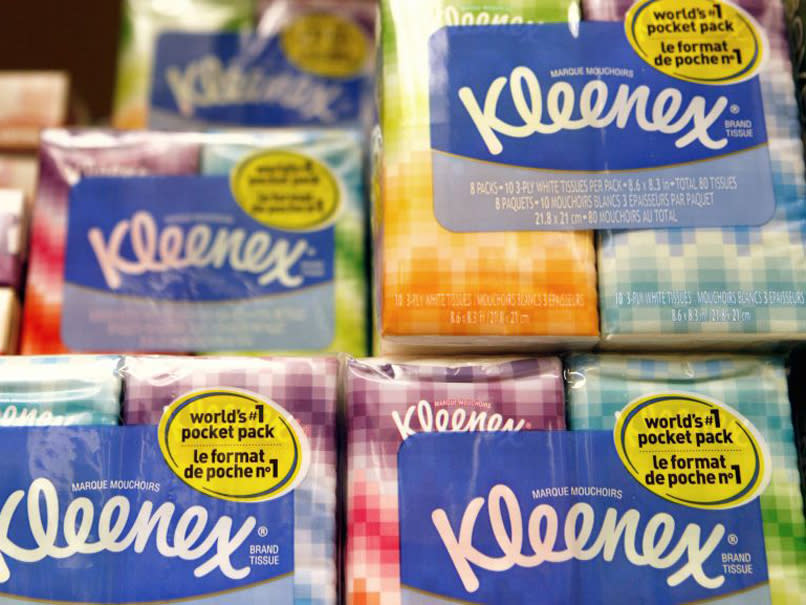Kimberly Clark: Andrex and Huggies maker to use Trump tax cut to help pay for 'restructuring', including 5,000 job losses

Thousands of workers are set to be laid off from 10 factories owned by the maker of Huggies and Kleenex, which claimed that Donald Trump’s tax reforms had helped with its global restructuring.
Kimberly Clark (KC) said “ongoing annual cash flow benefits from tax reform” would aid it in realising sweeping changes to its business in order to make up to £393m in costs savings per year by 2021.
“[The tax legislation] provides us flexibility to continue to allocate significant capital to shareholders while we also fund increased capital spending and our restructuring program over the next few years,” the corporation's chief financial officer Maria Henry told The Washington Post.
The company said it plans to dismiss between 5,000 and 5,500 people and sell or close about 10 manufacturing facilities.
In a call with analysts, chief executive Thomas Falk reportedly described them as “difficult but necessary actions to make the Kimberly-Clark an even stronger company going forward.”
The restructuring plan will put the group on track to reach its long-term growth targets, he said.
The Texas-based personal company also has three UK manufacturing sites in Barrow-in-Furness, Flint and Northfleet, as well as offices in Reigate, West Malling and Brighton.
The restructuring will hit “all of the company’s business segments and organisations in each major geography”, with 10 manufacturing plants earmarked for sale or closure.
With up to 13 per cent of KC’s global workforce in the firing line, meaning the future of around 1,600 UK jobs is in doubt.
In its annual statement KC said adjusted operating profit in 2017 was £2.34bn, down from £2.38bn in 2016.
Sales picked up marginally to £13.1bn, up from £13bn, despite coming under pressure from lower selling prices.
He said: “This is the biggest restructuring we have undertaken since the introduction of our global business plan in 2003, and it will make our company leaner, stronger and faster. The changes we are making will improve our underlying profitability, provide more flexibility to invest in growth opportunities and help us compete even more effectively.”
The cost of restructuring by 2020 could be as much as £1.07bn after tax, KC’s annual statement said, but the result would be to make its “overhead organisation structure and manufacturing supply chain less complex and more efficient”.
Ms Henry told the Post KC’s effective tax rate in 2017 was 28.6 per cent, which would drop to between 23 and 26 per cent in 2018 thanks to Mr Trump’s flagship tax reform legislation.
Additional reporting by agencies

